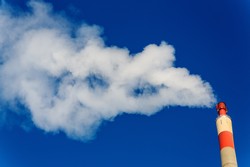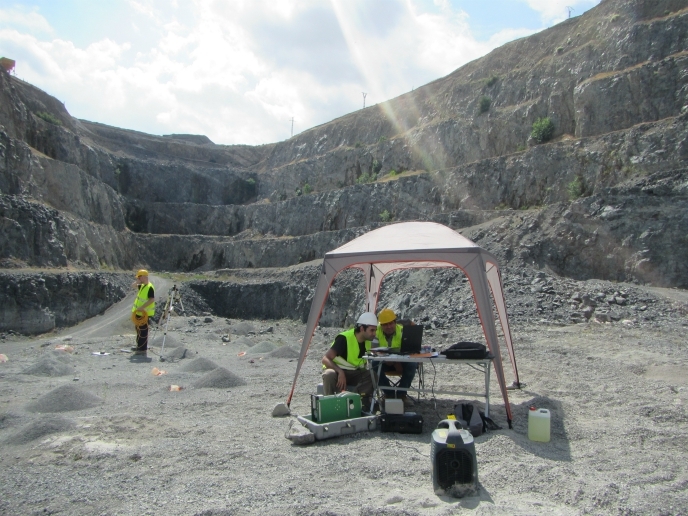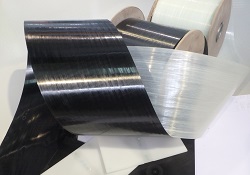Techno-economic and safety assessment of impact of CO2 impurities on its transport and storage
Carbon capture and storage (CCS) involves the capture of CO2 from power plants and other major CO2 emitting industries followed by its transport to geological sites using high pressure pipelines. However, the captured CO2 contains various impurities such as lead, mercury and arsenic, each having its unique impact on the different parts of the CCS chain. The EU-funded project CO2QUEST(opens in new window) (Techno-economic assessment of CO2 quality effect on its storage and transport) brought together leading researchers and major stakeholders to perform computational studies backed-up by large-scale experiments aiming to identify CO2 mixtures that have the most profound impact on the different parts of the CCS chain. Specifically, the project characterised the effects of impurities on the cost and safety of CO2 pipeline transportation based on analysis of the pipeline pressure drop, compression power requirements, as well as the pipeline propensity to ductile and brittle fracture propagation and corrosion. In addition, the impact of the CO2 impurities on geological storage were investigated and quantified based on the analysis of geochemical interactions within the storage site taking into account the ensuing health and environmental hazards. The cost-benefit analysis conducted by the CO2QUEST team provided recommendations for impurity tolerance levels and mixing protocols as well as control measures for pipeline networks and storage infrastructure. Leading to more than 100 publications, the CO2QUEST received the 2016 Institution of Chemical Engineers Highly Commended Global Process Safety Award. CO2QUEST has led to the development of the fundamentally important knowledge, computational tools and the word-class experimental test facilities required to determine the optimum range of CO2 impurities to enable the safe and economic operation of CCS. This will help to accelerate the deployment of CCS as a key technology for combating global warming. World-class CCS test facilities developed during the course of the CO2QUEST project include Pipeline rupture test facility(opens in new window), see video of pipeline rupture test, a novel http://www.youtube.com/watch?v=LRggR_ZubFg (extensively instrumented medium-scale high pressure test pipe(opens in new window). Also constructed was an instrumented deep-well (1.6 km(opens in new window) and shallow water aquifer CO2 storage test facility for the study of CO2 plume migration during storage).







